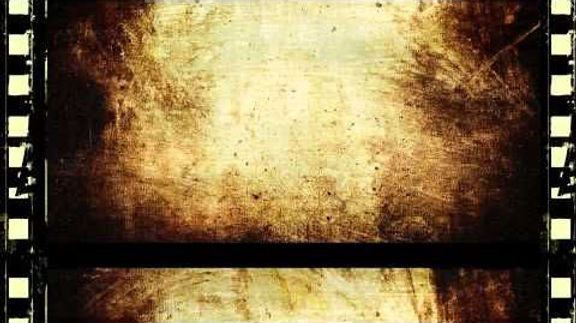Citizen Kane: Review
- Carrie Specht

- Oct 13, 2011
- 3 min read

Citizen Kane is considered by many to be the greatest film ever made. To this day, seventy years after its initial release, it holds a revered place in movie history and is likely to retain a special distinction regardless of how many years come to pass.
I first saw Citizen Kane in a college film appreciation class. It wasn’t in a theater, but it was presented on actual film with a 16mm projector and flickered upon a white community college wall. I became increasingly enamored of the film as each scene that passed lived up to my instructor’s introduction and the hype I’d heard throughout the years of my young life. Even as a freshman and just eighteen years old I had already heard so much about the American classic written, produced and directed by a man who made the film when he was only seven years older than I was. During that very first scene, when the camera continues to get closer and closer to Kane’s home, but the light in the window remains in the same spot I distinctly remember thinking, “It’s true, it’s all true. This is an amazing film”.
I admit that at the time I had yet to see very many classic films, but I can honestly say that that college screening still holds up as one of my all time favorite movie-viewing experiences. Of course that’s likely to have been the case however, or whenever I eventually saw the film. Citizen Kane is just that powerful, that well crafted, that cinematically pure that all but the most jaded of film watchers are likely to come away very impressed after seeing it for the very first time. I don’t think this is too strong of a statement. In fact, I challenge anyone not to be impressed.
If you’re not much of a moviegoer then you’re going to get bowled away with all of the visual (technical as well as fundamental) advancements made in this film (the extreme low angles, split focus, pushing the camera in through walls, etc.). And if you are an avid film fan then you’re going to realize the influence this film has had on the decades of films that have been produced since its inception (the use of a non-linear timeline such as in any Quentin Tarantino film).
This trick, that trick and so many other standard devices all originated with Citizen Kane, born of the clever young mind of Orson Welles and his talented team of collaborators, including cinematographer Gregg Toland (Wuthering Heights, The Grapes of Wrath, The Best Years of Our Lives), composer Bernard Hermann (North by Northwest, Taxi Driver), editor Robert Wise (editor of The Hunchback of Notre Dame, and director of many Academy Award winning films), and a cast of relative unknowns who would go on to great acclaim (Joseph Cotton, Agnes Morehead, Ruth Warrick, Ray Collins, etc.).
I could tell you about the plot, but I prefer not to. One reason is that it’s so well known there’s really no reason, and it certainly doesn’t affect the quality of the movie. Another reason is that I know how much I enjoy a good film when I know very little about it before hand and it turns out to be amazingly good. I know I was extremely annoyed that day so long ago when Citizen Kane began in the film appreciation class and I suddenly realized the plot was all about identifying the object of a dying man’s last words. Words that were so well known throughout the American lexicon that even I, at eighteen, knew the answer. But as the film continued to play I was completely drawn in. Looking back I realize it didn’t really matter. But who needs the distraction of foresight when basking in the flickering black & white glow of one of the greatest films ever made.
To mark the anniversary, Warner Bros. has recently released the film for the first time ever for download on iTunes - complete with bonus content. To learn more about Citizen Kane, visit the AFI Catalog of Feature Films at AFI.com which contains detailed information about the film.
